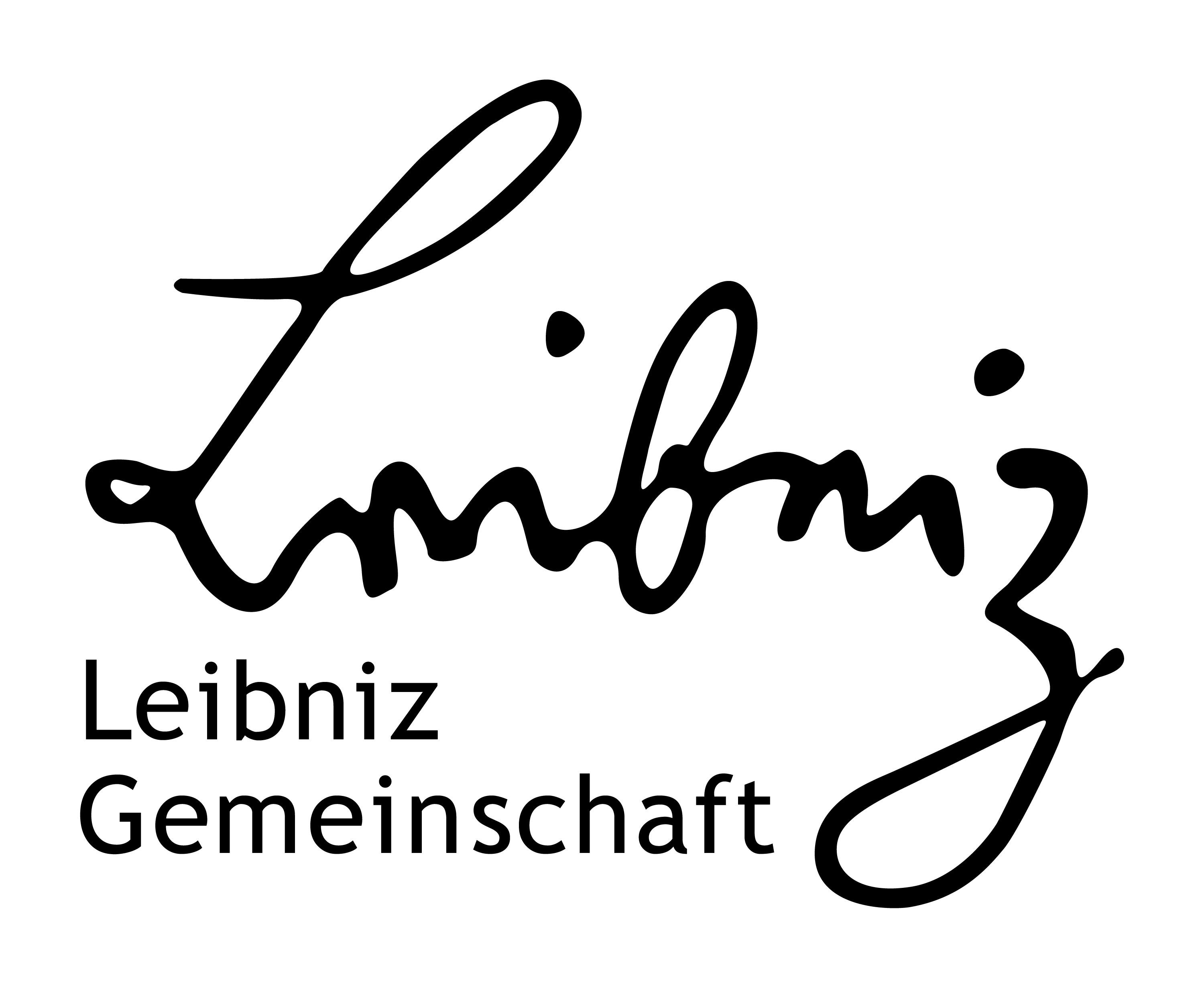
1975
Research Group Leader, Leibniz Institute for Resilience Research (LIR), Mainz, Germany
Professor and Head Department of Clinical Psychology and Neuropsychology, Johannes Gutenberg-University, Mainz, Germany
Postgraduate Training in Cognitive Behavioral Therapy, GAP Frankfurt/Main Germany, License to practice Cognitive Behavioral Therapy (Approbation)
Dipl.-Psych.; Psychology, Humboldt University Berlin, Germany (supervisor: Prof. Dr. Herta Flor)
Psychology; University of Mannheim, Germany
Habilitation for Clinical Psychology, Medical Psychology and Neuropsychology, Medical Faculty Mannheim, Heidelberg University, Germany (supervisor: H. Flor, Central Institute of Mental Health, Mannheim)
Dr. sc. hum.: Neuropsychology, Central Institute of Mental Health, Heidelberg University, Germany (supervisor: H. Flor, Central Institute of Mental Health, Mannheim)
Research Group Leader at the Leibniz Institute for Resilience Research (LIR), Mainz, Germany
Research Group Leader at the German Resilience Center (DRZ) Mainz, Germany
Professor for Clinical Psychology and Neuropsychology (W3) and Head of the corresponding Department, University Medical Center of the Johannes Gutenberg University Mainz, Germany
Professor for Experimental Psychopathology and Neuroimaging (W3), Department of General Psychiatry, Heidelberg University, Heidelberg, Germany
DFG Emmy Noether research group leader, Department of Cognitive and Clinical Neuroscience, Universiy of Heidelberg, Germany (director: H. Flor)
Assisstant Professor, Department of Cognitive and Clinical Neuroscience, Central Institute of Mental Health, Mannheim, Germany
Postdoctoral researcher, CEA Service Hospitalier Frédéric Joliot, Orsay, France; Research group “Neuroimaging in Psychiatry” (supervisor: J.-L. Martinot)
Postdoctoral researcher, Department of Cognitive and Clinical Neuroscience, Central Institute of Mental Health, Mannheim, Germany (supervisor: H. Flor)
Doctoral student, Department of Cognitive and Clinical Neuroscience, Central Institute of Mental Health, Mannheim, Germany (supervisor: H. Flor)
DFG Emmy Noether research group (We3638/3-1)
Lilly Travel Fellowship for 7th International Conference on Bipolar Disorder
Ph.D. Scholarship from the Studientstiftung des Deutschen Volkes
Study Scholarship from the Studientstiftung des Deutschen Volkes
Frau Professorin Dr. Michèle Wessa ist seit 2013 Professorin für Klinische Psychologie und Neuropsychologie und Leiterin der selbigen Abteilung an der Johannes Gutenberg-Universität Mainz und seit 2020 Arbeitsgruppenleiterin am Leibniz-Institut für Resilienzforschung. Sie hat seit 2018 keine persönlichen Honorare für Beratertätigkeiten, Fortbildungsveranstaltungen, Vorträge oder Stellungnahmen von pharmazeutischen Unternehmen oder Medizinprodukteherstellern erhalten.
Ahrens KF, Neumann RJ, Kollmann B, Brokelmann J, von Werthern NM, Malyshau A, Weichert D, Lutz B, Fiebach CJ, Wessa M, Kalisch R, Plichta MM, Lieb K, Tüscher O, Reif A (2021) Impact of COVID-19 lockdown on mental health in Germany: longitudinal observation of different mental health trajectories and protective factors. Transl Psychiatry. 11(1):392. doi:10.1038/s41398-021-01508-2
>> Link zu PubmedMeine LE, Meier J, Meyer B, Wessa M (2021) Don't stress, it's under control: Neural correlates of stressor controllability in humans. Neuroimage. 245:118701. doi:10.1016/j.neuroimage.2021.118701
>> Link zu PubmedSandner M, Zeier P, Lois G, Wessa M (2021) Cognitive emotion regulation withstands the stress test: An fMRI study on the effect of acute stress on distraction and reappraisal. Neuropsychologia. 157:107876. doi:10.1016/j.neuropsychologia.2021.107876
>> Link zu PubmedSchueler K, Fritz J, Dorfschmidt L, van Harmelen AL, Stroemer E, Wessa M (2021) Psychological network analysis of general self-efficacy in high vs. low resilient functioning healthy adults. Front Psychiatry. 12:736147. doi:10.3389/fpsyt.2021.736147. eCollection 2021.
>> Link zu PubmedZeier P, Meine LE, Wessa M (2021) It's worth the trouble: Stressor exposure is related to increased cognitive reappraisal ability. Stress Health. doi:10.1002/smi.3101
>> Link zu Pubmed




